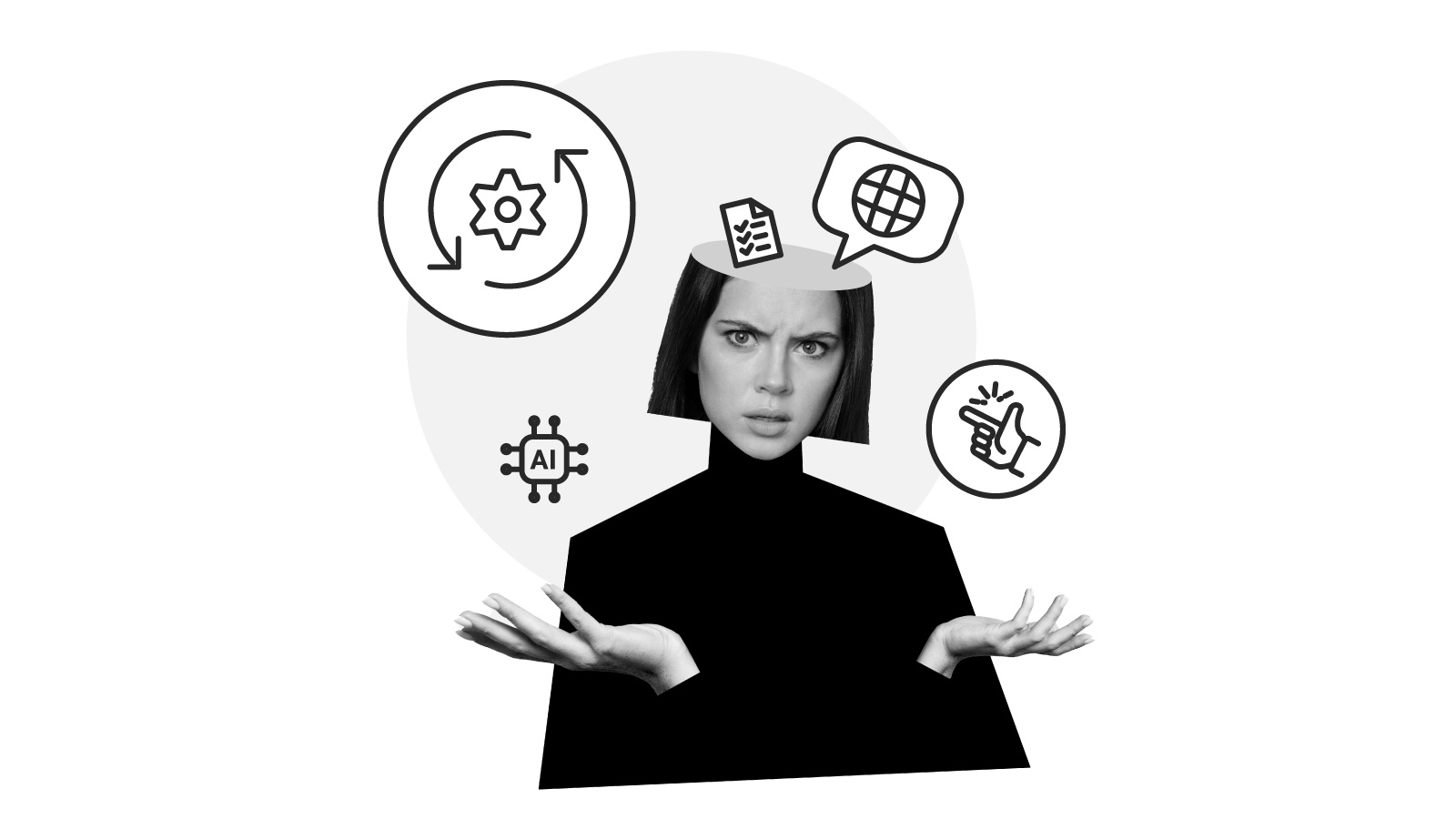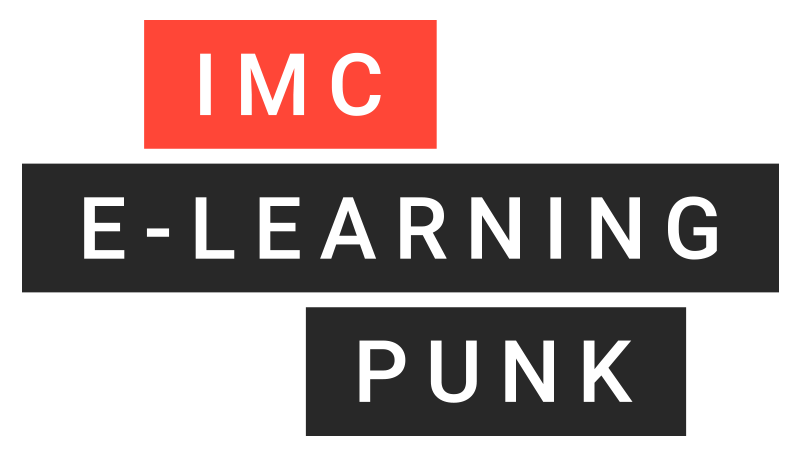
Navigating Change: the Importance of Future Skills
Strategic skills development for companies and individuals in a dynamic working world
What skills does a company need in order to remain successful and improve its ability to respond effectively in a constantly changing world? If we could answer this question with a definitive list, the discussion surrounding “future skills” would be very short.
But, alas, it’s not that simple. There is no universally definitive answer. We can, at most speak only in approximate terms. And therein lies the challenge.
The world of work is in constant flux, shaped by technological advances, changing expectations and ever-new business models. Faced with this highly dynamic and uncertain environment, companies need to get future-ready to ensure they remain successful. And central to this are future skills. These are skills that employees and teams require in order to remain actively in control in a constantly changing world. Our experts advise companies and organisations on how to approach this complex topic.

Uwe Hofschröer, Head of Learning Strategy Consulting at imc
Uwe Hofschröer and his team advise companies at the strategic level on learning objectives, learning formats, and learning content. “There are two layers of uncertainty on this subject,” he says. “Firstly, future skills are, by definition, dynamic. They relate to something that won’t become relevant until some point in the future. And secondly, they describe ‘supra-disciplinary skills’ that don’t relate to any current tasks or challenges affecting employees right now. But that’s not a reason not to engage with the subject.”
Self-directed learning and self-organised learning processes
Companies must take care not to confine their focus on future skills purely to the strategic level. They must follow the matter through to the individual level,
because skills are something developed by and in individual employees. Hence, the focus is on the individual’s ability to successfully navigate change. And that’s something that can be acquired only through overcoming real challenges.
Setting employees “future skills” as a learning task and providing them resources is not enough.
This is especially so since “future skills” transcend subject expertise. They are about enabling employees to navigate new, previously unknown challenges with confidence. They include communication skills, teamwork, critical thinking, and problem-solving skills. They also involve leadership in uncertain situations and the ability to engage successfully with new technologies.
To ensure employees can navigate future challenges in a self-directed manner, the learning process itself should instill self-organised learning as a core value.
Self-organised learning processes do, however, require a clear framework and must be aligned with the company’s strategy, objectives, and challenges. As Hofschröer explains: “In our experience, dealing effectively with the uncertainties surrounding future skills requires an interplay between the ‘company’ level and the ‘individual’ level.” In his view, there are three core aspects to this:

Defining goals and visions based on the company’s own corporate strategy, on market analyses, and on the specific environment in which the company operates. The key is not to treat future skills as a one-off, top-down project but to give employees an active role.

Reflection and operationalisation: Teams and leadership personnel have a key role to play in the development of future skills. Why? Because they are in a position to articulate the challenges in their work clearly and in detail. How? By organising learning processes to deal with their specific challenges. The company can support them with workshops on learning potential, coaching programmes, or training in methodologies like action mapping.

Building up capacity and integrating future skills into learning offerings: A one-off, standardised solution won’t do, because skills are acquired by individuals and are therefore highly dynamic. The company therefore needs to enable skill development in an integrated manner – in various learning environments and at different levels. This allows employees to develop skills in a way that matches their specific needs and learning situations.
Learning strategies and awareness campaigns as key components
The starting point should be a comprehensive awareness campaign. The aim here is to communicate the importance of future skills and strengthen the strategic framework for their development. It’s vital to get the team leaders on board here. It’s important to recruit them as multipliers and give them the tools they need to foster future skills in their teams.
At the learning strategy level, companies can define targeted formats and methods that integrate future skills into existing and new learning programmes. The formats and methods should foster self-organised learning, data literacy, creative problem solving, and social cooperation. This can, for example, be achieved in product training courses and onboarding programmes by using group work and projects.
The results are blended learning scenarios that promote self-directed learning and employee collaboration. This involves providing clear guidelines and structures to increase the likelihood of success.

Having a long-term perspective is key
It’s crucial not to treat future skills as a one-off matter. Future skills are an ongoing process that must be embraced at both the company and the individual level. “Set it up right, and you’ll create a self-perpetuating cycle of learning,” Hofschröer says. Surveys, monitoring, and focus group interviews are the tools of choice here.
Learning analytics also has a lot to offer here. Learning management systems (LMS) are ideal as evaluation tools. They are very effective at pinpointing and closing learning gaps. And they facilitate feedback and control at the overall company level, ensuring that the defined vision is achieved.
Companies that follow this long-term, strategic approach are better equipped to manage the challenges of the constantly changing working world. Future skills are the key to having agency and responding effectively in a volatile, uncertain, complex, and ambiguous world. They are therefore an important focus of skills development for every organisation.

Summary
Companies today are faced with the fundamental question of how to prepare for an unpredictable future. The importance of skills that go beyond mere knowledge is growing. Skills are the sum total of real-world abilities that are acquired by mastering specific challenges. The term “future skills” addresses this by focusing on skills that enable individuals and organisations to deal effectively with change and uncertainty.
This approach is not new. It has its parallel in the long-standing discussion of overarching key competencies – skills instrumental to meeting needs at both the individual and societal level. “Future skills” is a more recent term. It picks up on this idea, focusing on the various requirements arising from current societal and technological changes. In an unpredictable and fast-changing world, the quest for skills that can unlock the future is of the utmost importance.

Employment trends
Employee-led L&D (Learning & Development) can be used to combat the recently identified trend of 'quiet quitting'. Get all the insights here.

Psychological Safety as Prerequisite for Learning Organisations
Psychological safety sounds like a fluffy feel-good topic: all employees should feel safe. But there's more to it than that. Psychological safety is a basic requirement for any organisation wanting to develop positively.

Contact person
I joined the imc newsroom team in 2021. As a journalist my heart beats for content and storytelling.
I’m excited to figure out how e-learing and digitization affect the future of work. My task is to create content to talk about and I’m always looking for trends.
Privately I love to travel and eat Tapas.
Topics: E-Learning Trends, Corporate Social Responsibility, Press and Influencer Relations
